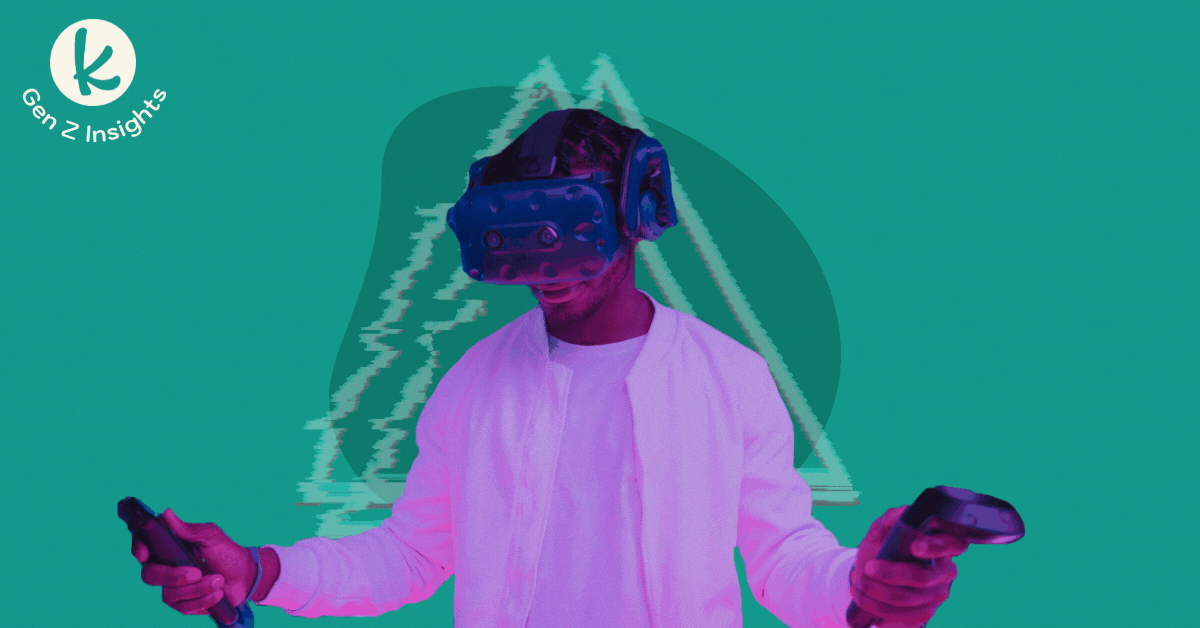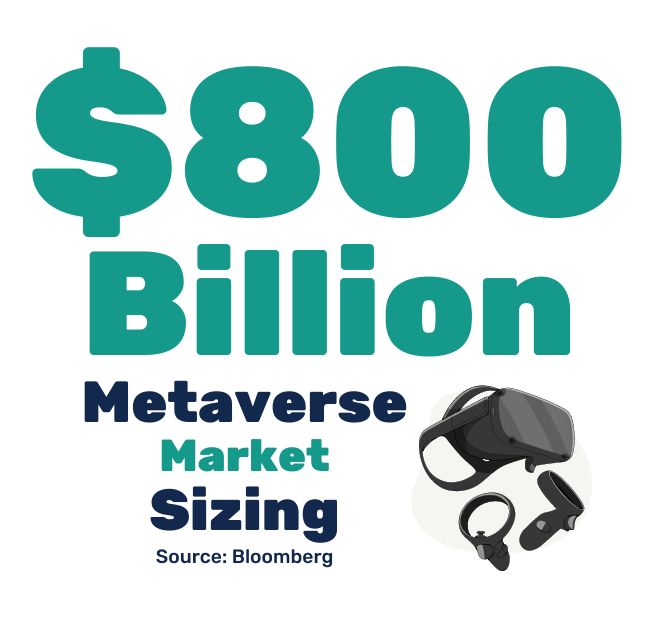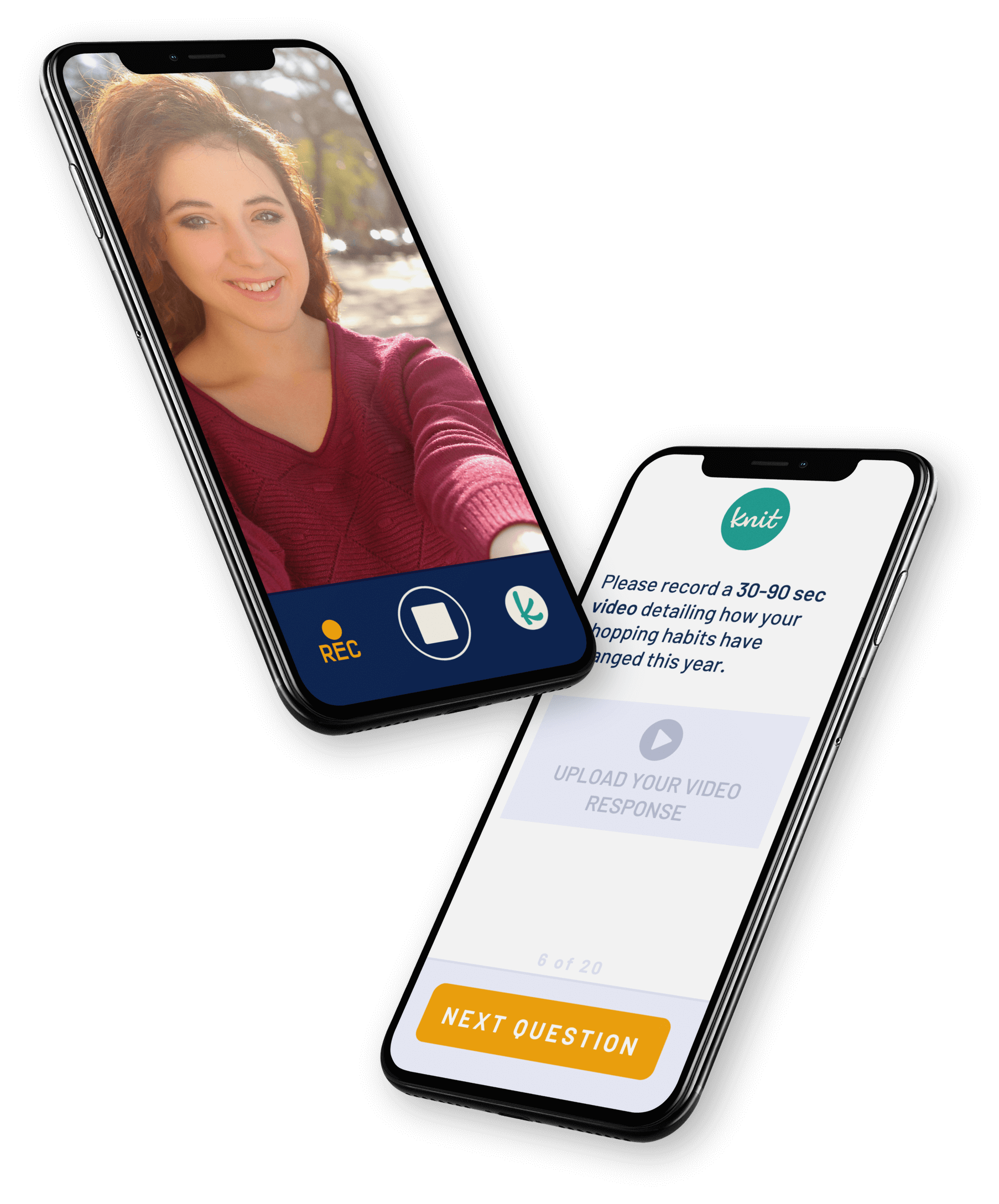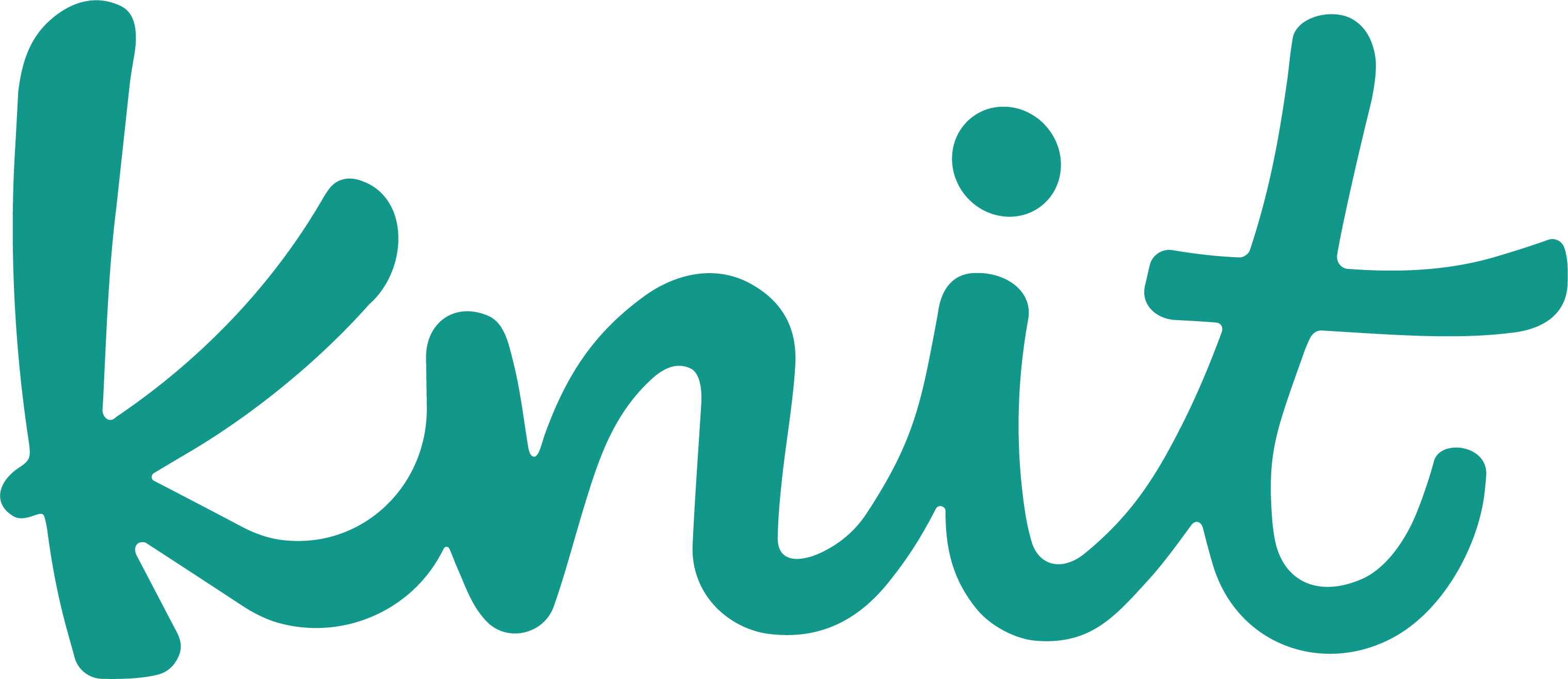
What’s New With Gen Z and the Metaverse?
Knit’s January 2022 Check-in
Paris Hilton rang in New Year’s 2022 on a digital island. She ignored her normal DJ gigs, worth a million each, and instead entered the Metaverse. Her fans bought digital clothing and took virtual rides around a simulated estate. At the same time, the Matrix movie franchise returned to theatres after a decades-long hiatus. In 1999, the idea of a virtual world where humans could live in a simulation was science fiction, a surreal vision of a world out of reach.
Today that virtual world is closer to reality. Real people are spending very real money in a simulated universe. The Metaverse isn’t science-fiction, and thanks to the pandemic, it’s more popular than ever.
The Metaverse is a massive, burgeoning opportunity for businesses, entertainers, and more. In fact, Bloomberg estimates the Metaverse has the potential to become an $800 Billion dollar market which has only begun to be tapped. “The primary market for online game makers and gaming hardware may exceed $400 Billion in 2024 while opportunities in live entertainment and social media make up the remainder.”
When Knit first looked at the Metaverse, we highlighted that 87% of Gen Z taps into the Metaverse at least weekly, with an average of over 7 hours spent gaming virtually per week.

And those numbers are growing. But the Metaverse isn’t just for gamers anymore.
Entertainers such as Paris Hilton have hosted Gen Z clients solely in the Metaverse. Lil Nas X gave a Roblox concert to over 30 Million attendees. Travis Scott and Ariana Grande both performed to huge crowds in Fortnite. Of course, every virtual concert doesn’t just sell tickets, but merch. Metaverse concerts are a prime spot for selling digital clothing, NFTs and other virtual products. Digital goods are an extremely lucrative commodity. Without manufacturing costs, they represent massive ROI potential, and are a commodity that Gen Z shows a great deal of interest in.
Last month, Ralph Lauren opened an entire line of new retail stores directly on Roblox, and stocked its virtual stores, open 24/7 and accessible to anyone in the world in just a few clicks, with virtual puffer jackets, checkered beanies and other retro skiwear for the winter season, priced under $5. With nearly 50 million daily Roblox users, fashion designers like Ralph Lauren, Gucci, and Balenciaga hope to directly target a fashion market Morgan Stanley estimates could top $50 Billion.
And while attempts to sell digital clothing have not materialized as strongly in the past (remember Second Life? The Sims?), the pandemic has reshaped the way Gen Z interacts with the world, the Metaverse, and each other. Interacting via Tweet, What’sApp, or Zoom are no longer enough for many.
Millions of people seek immersive virtual interactions. Consumers crave environments where their avatars can be customized and personalized to better reflect an idealized version of themselves, as opposed to grainy Zoom self-views that are almost as exciting as a DMV photo. Enter environments like Fortnite’s Party Worlds and Meta’s Horizon Worlds, built with meta socializing in mind.
The future of retail? Gen Z is already shopping the Metaverse
Shopping in the Metaverse is here, and it’s already evolving. In 2006, buoyed by the growing interest in the virtual platform Second Life, companies including Adidas, Armani, and Calvin Klein began selling digital skins to virtual users. The platform began to lose subscribers, and the Metaverse didn’t come to dominate markets as hoped. Turns out, all that was missing was a years-long global pandemic. With the social isolation of 2020, internet activity in general skyrocketed.
Digital interaction grew across nearly every demographic, and many consumers remained online, interested in new experiences and new virtual means of connection and entertainment. Now, companies are taking notice again. Both Adidas and Nike launched products tied to NFTs, granting consumers real and virtual benefits simultaneously. Nike has an entire world called Nikeland on Roblox, giving users a chance to showcase their shoes and interact. It has debuted skins on both Nikeland and Fortnite.
Meanwhile, the company-formerly-known-as-Facebook made the most obvious commitment to the Metaverse with a name change that is undoubtedly — ahem — meta.
Meta sells their own brand of VR equipment, their own VR platform, and has incorporated personalized digital avatars to many aspects of Facebook, moving their massive social media base closer to direct interaction with the Metaverse.
Will Gen Z buy into the hype? Will the Metaverse become the second-coming of the internet? Will it become the long-sought Matrix for people and business to work seamlessly in a virtual environment? Or will the Metaverse go the way of MySpace and Napster? Will Gen Z continue to seek virtual immersion when the pandemic ends, given their desire for in-person interaction?
Your guess is as good as ours in the long run… So why not ask Gen Z themselves?
Gen Z will keep up with the changing Metaverse — will you?
Gen Z has already lived through several once-in-a-lifetime events before being old enough to drink. And that’s shaped their worldviews. The world’s seen its worst pandemic in a millennium, political upheaval has reached new levels, climate change is here, and the public and private sectors are working together to colonize space. What was science fiction even a single decade ago is now reality. It’s hard not to see how much has changed in a decade and not resort to the Matrix catchphrase of “whoa.”
The Metaverse has changed too. 75% of Gen Z prefer an in-person shopping experience. In response, companies are combining in-person and digital experiences. And big name celebrities continue to draw crowds to their virtual platforms, unlike the experiences of 2006, where companies often tried to insert their products into games with little understanding of consumer behavior. As states urged people to stay home to ring in 2022 with the omicron surge, how many decided to party with Paris Hilton? Or go shopping for a five dollar version of the newest Ralph Lauren coat?
Gen Z experts like the ones at fashion marketing powerhouse WWD say that “Gen Zs consider their digital lives as important as their physical ones, where the Metaverse is not “another life” but an extension of the current one.” If virtual reality is as important as reality, the marketing opportunities tying the two are truly infinite.
We get it — its tough to keep up with the changing universe, let alone the changing Metaverse, especially when most of us are still wrapping our heads around the whole concept.
Adding “what Gen Z wants” and “what does all of this mean for my brand?” to the growing, changing list of things to figure out? That’s doing it on hard mode. Luckily, you have a cheat code: us. Get in touch with Knit to get actionable Gen Z insights — and a competetive edge.

Subscribe for industry insights delivered weekly.
Get all the Knit News you need with access to our free newsletter to stay a step ahead on the latest trends driving the industries of tomorrow.

